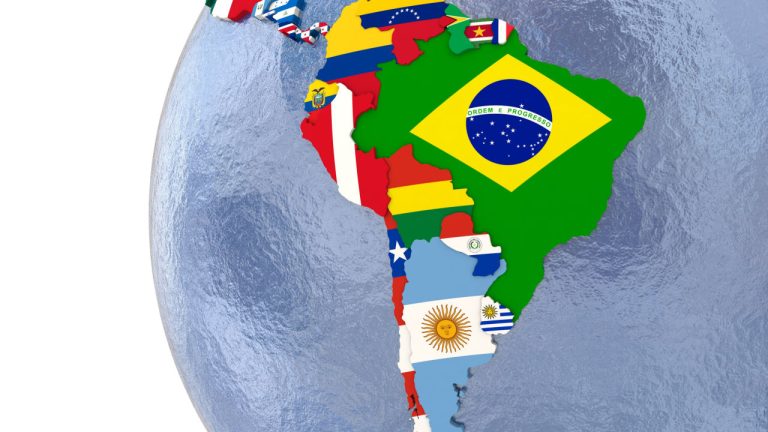
The move provides PAX coin access to Mexico’s 3.1 million-plus cryptocurrency users.
Blockchain fintech company Paxos and online marketplace MercadoLibre have entered a partnership to bring the Pax Dollar (USDP) stablecoin to Mexico via the MercadoPago payment service on June 28.
According to a press release shared with Cointelegraph, USDP will be available to all MercadoPago customers throughout Mexico. While the company is based in the United States — with offices in New York, London and Singapore — more than 60% of its active wallets support customers throughout Latin America.
Mexico currently boasts a 9.3% penetration rate for cryptocurrency use, with more than 12 million users, per a report from Statista. By 2027, analysts estimate more than 20 million people in Mexico will hold crypto, bringing the total penetration to 14.6%.
The introduction of USDP to the MercadoPago payment ecosystem adds stablecoin access to the service’s options in Mexico, a feature that could provide much-needed relief from extraneous fees related to remittances for a significant number of users.
While Venezuela may lead the way in cryptocurrency adoption among Latin American nations, Mexico ranks highest in total number of transactions. This is largely due to the number of remittances, with only India receiving more.
Related: Why crypto remittance companies are flocking to Mexico
Paxos is well known in fintech through its various dealings, including a partnership with PayPal, and its noteworthiness as the first blockchain company to receive approval from the U.S. Securities and Exchange Commission (SEC) to settle U.S.-listed securities.
In February 2023, however, Paxos received a Wells notice indicating that its Binance-based stablecoin, Binance USD (BUSD), would be labeled a security and, as such, should have been registered.
As Cointelegraph reported in February, the cryptocurrency community was baffled by the notice, and Paxos issued a statement vehemently disagreeing with the SEC’s notion that BUSD should be classified as a security.
In other Paxos news, recently launched cryptocurrency exchange EDX has decided to switch custody providers. The exchange will drop its current partner, Paxos, and instead tap Anchorage Digital. According to a Paxos spokesperson, EDX made the change in order to facilitate a shift toward a noncustodial offering at launch.












